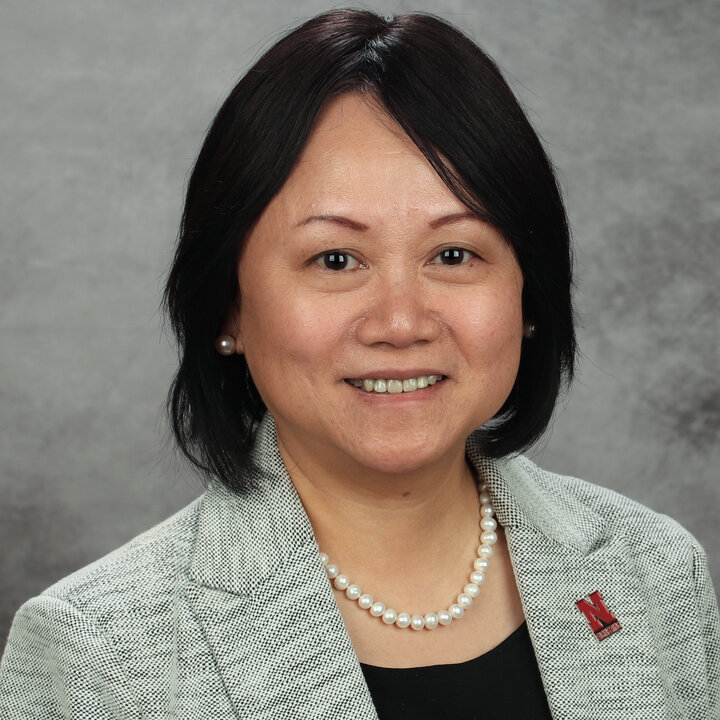Content
The Voluntary Mentoring Program for Faculty Advancement offers voluntary participation for faculty members who have been with the College of Engineering for at least one year and are not yet fully promoted. This program provides tailored mentoring to support individual career developments in research, teaching, and service. The program is based on research that shows that team mentoring is more effective than an individual mentor approach.
Mentoring Committee Formation
Interested participants should email the Associate Dean for Faculty and Inclusion to start the process. The NCFDD mentoring map will be provided to help junior faculty brainstorm potential mentors. In the meeting with the asociate dean, faculty will propose mentors, discuss mentoring needs, and finalize the mentoring committee. The unit leader will be invited to join this meeting to offer insights on committee formation.
Typical Composition of a Mentoring Committee
- A senior faculty member in the department who conducts research or teaches in a similar area as the junior faculty member (required)
- A senior faculty member from another department within COE (required)
- A senior faculty member from outside the college (optional)
- A senior faculty member from outside the university, serving as an external mentor (optional)
First Mentoring Committee Meeting
This meeting, facilitated by the Associate Dean for Faculty and Inclusion, will clarify mentor and mentee expectations. Training on effective mentoring practices will also be provided. Everyone, including all mentors and the mentee, is required to participate in this meeting.
Mentoring Activities
- Mentees are encouraged to engage with their mentors individually or as a committee throughout the semester, using formal or informal methods such as meetings, emails, lunches, or other means of communication.
- Mentors are encouraged to proactively reach out to mentees throughout the semester whenever they can offer guidance or insight.
- A formal mentoring committee meeting for 1.5 hours (1 hour minimum) is expected to take place at least once per semester.
Required Mentoring Committee Meetings
The faculty mentee will present a brief update, potentially starting with a review of their five-year career development plan if they have one. Example discussion points include, but are not limited to:
- Teaching plans for undergraduate and graduate courses
- Research agenda, funding efforts, resources, proposal ideas
- Activities to enhance visibility within research communities, the department, the college, and the university
- Plans for advising undergraduate and graduate students on research, course selection, and academic progression
- Help needed, such as teaching improvement, course loads, collaboration suggestions, lab space and equipment need, professional skills development, etc.
Evaluation and Feedback
The Associate Dean for Faculty and Inclusion will collect feedback annually from both the faculty members and the mentoring committee to assess the effectiveness of the mentoring setup. This evaluation will determine whether the current format and committee structure are beneficial to the faculty member’s development. If needed, the Associate Dean will recommend updates to the mentoring committee or adjustments to the mentoring approach, ensuring that the faculty member receives the best possible support for their career growth.
